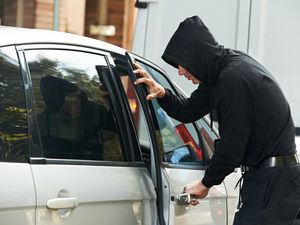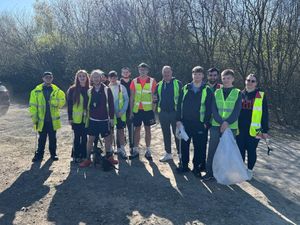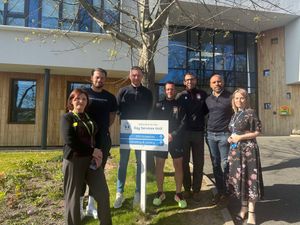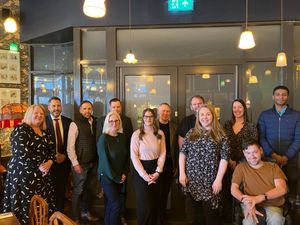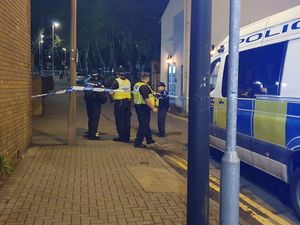Bostin' guide to how we spake: First Black Country dictionary published
It is a bostin' guide to how we spake!
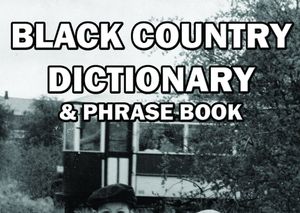
The world's first Black Country dictionary has been published – and the man who has compiled it hopes future generations will study the language in schools.
The guide has been put together by Steve Edwards, one of the organisers of the Black Country Festival.
Steve, who was born in Brierley Hill and now lives in Dudley, is fighting to keep the language alive.
The former factory worker has uncovered some rare terms by speaking to older people from across the region.
Some of the terms defined within the dictionary were on the brink of extinction.
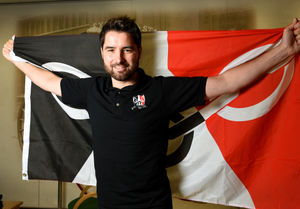
Steve said: "A lot of people were getting in touch with me and saying they wanted a dictionary.
"I grew up in a proper Black Country family so thought I would be able to do it.
"The whole country is becoming Londonised and this is a way of trying to save and preserve the Black Country dialect.
"We need people to know that we still speak Black Country around here, it's not just the Queen's English."
In order to compile the dictionary Steve spoke to relatives and pensioners from across the region to double-check the words he knew with other people's understanding of them.
Steve explained: "I have been speaking to a lot of people to make sure I was getting the words right.
"I also wanted to see if there were any new words or sayings.
"Most of them I kind of knew because I had grown up with two proper Black Country grandparents so this was something I was brought up with."
The Black Country dialect should be treated as its own separate language within the region's schools, Steve said.
He suggested pupils should be taught the language alongside the usual school languages such as French or German.
This will give them an insight into their own history and culture, he insisted.
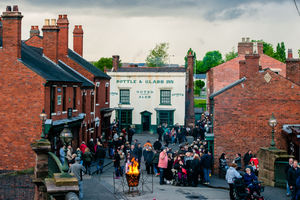
He told the Express & Star: "That's how it needs to be looked at.
"People say we speak slang and we don't speak properly.
"But that's not right – our dialect is actually derived from early English, it's the original form.
"It is just that we retained it rather than change it to the Queen's English.
"I think it definitely should be taught in school, it would be just like teaching French or German.
"It has national and international importance because it is one of the only surviving original forms of English still being used.
"We need to preserve the language and also teach it for the future generations as well."
The dictionary runs from A to Z – with entries for every letter of the alphabet.
There is also a brief history of the Black Country dialect and the region as a whole.
Educational
Steve, 34, said: "In the book the first page tells people about the Black Country and why it is called what it is.
"Then it goes on to our dialect and where it's derived from, as well as phrases and different words.
"It is educational because a lot of people don't know these things.
"It's just how English used to be.
"In the book there are the words but also a selection of phrases – all together there's 45 pages in it."
The final entry is 'zonked' – meaning tired.
Other interesting words and phrases include 'bibble' – a small stone or a pebble; 'loon' – alone; 'clammed' – hungry; 'me babby's blartin' – meaning my baby's crying; or 'wasin' – throat.
A surprising addition was one phrase Steve had not heard until he began researching the book.
This is 'Ode Ear's Night' – the Black Country version of New Year's Eve.
Steve explained: "Somebody told me that but I wasn't sure if I believed them.
"But I went up to my nan and asked my father as well and they said the same thing."
People can pick up the dictionary on Amazon and also at the Black Country T Shirts shop in Castle Street, Dudley.
Next week it will also go on sale in Dudley Council venues including the Red House Glass Cone and Dudley Archives.

